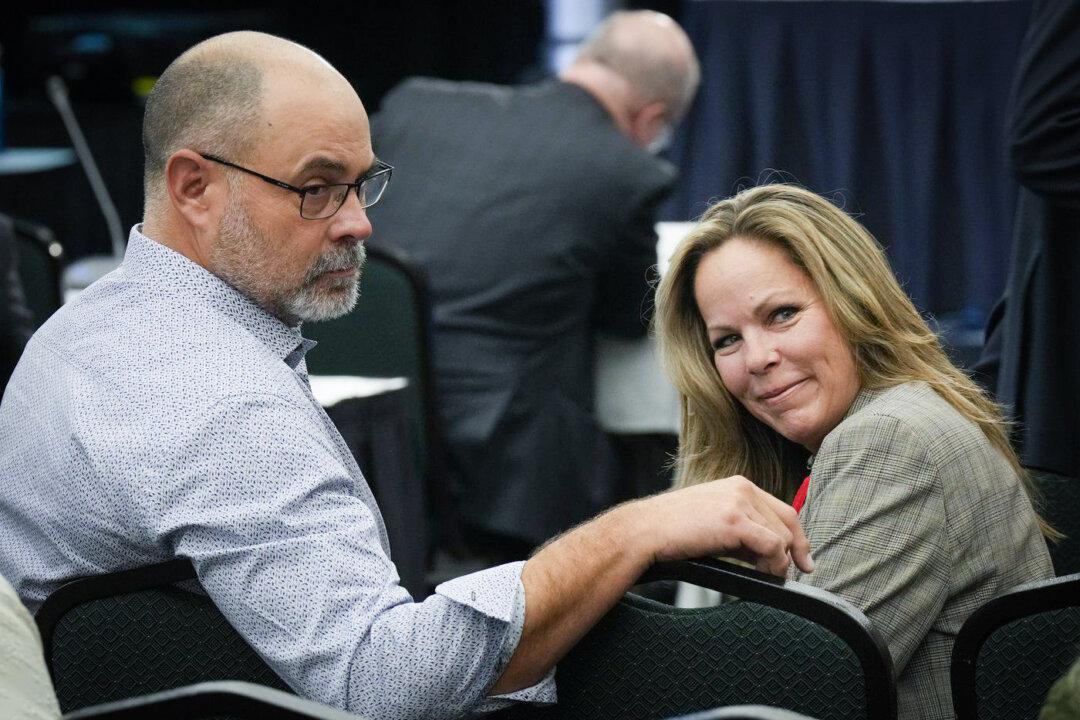OTTAWA—As the trial of Freedom Convoy organizers Tamara Lich and Chris Barber nears its end, Crown lawyers argued in their closing statement that the case against the two is “overwhelming.”
“As the Crown mentioned in its opening address and emphasized during this trial, Mr. Barber and Ms. Lich are not on trial for their politics,” said Crown attorney Siobhain Wetscher at the Ottawa courthouse on Aug. 13. “It’s the unlawful means that they employed to pursue their political and end goals.”





